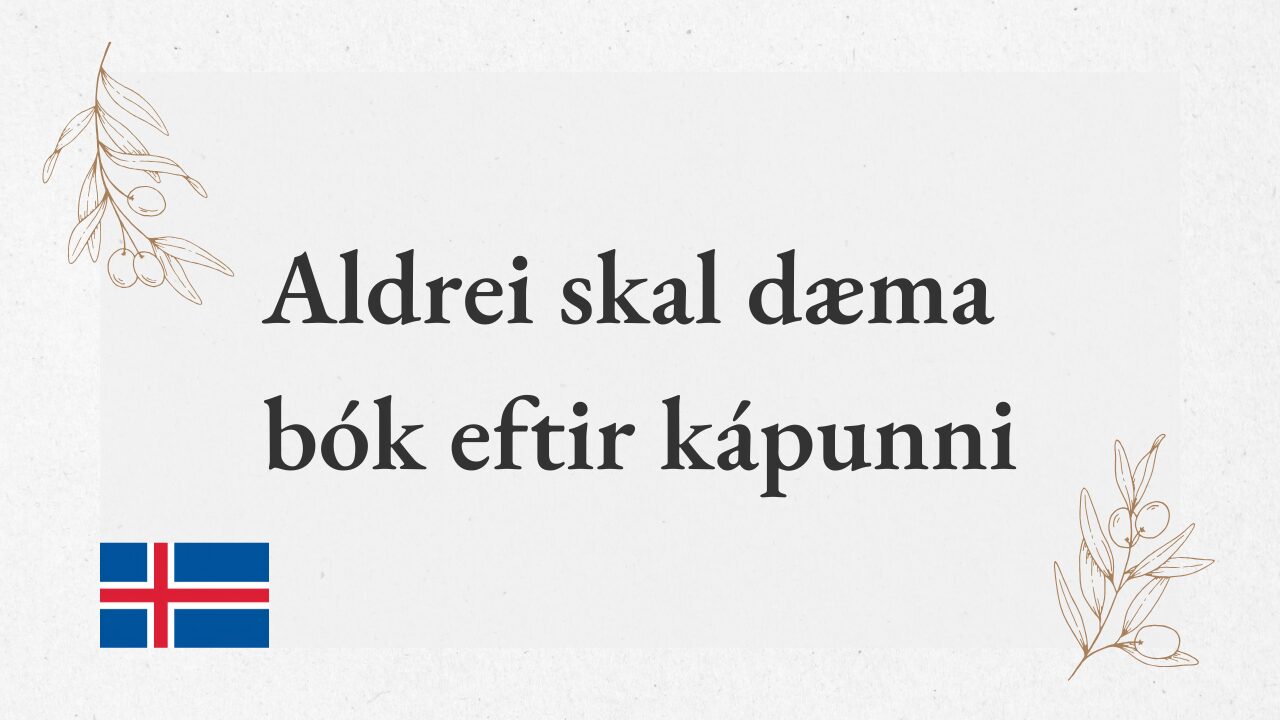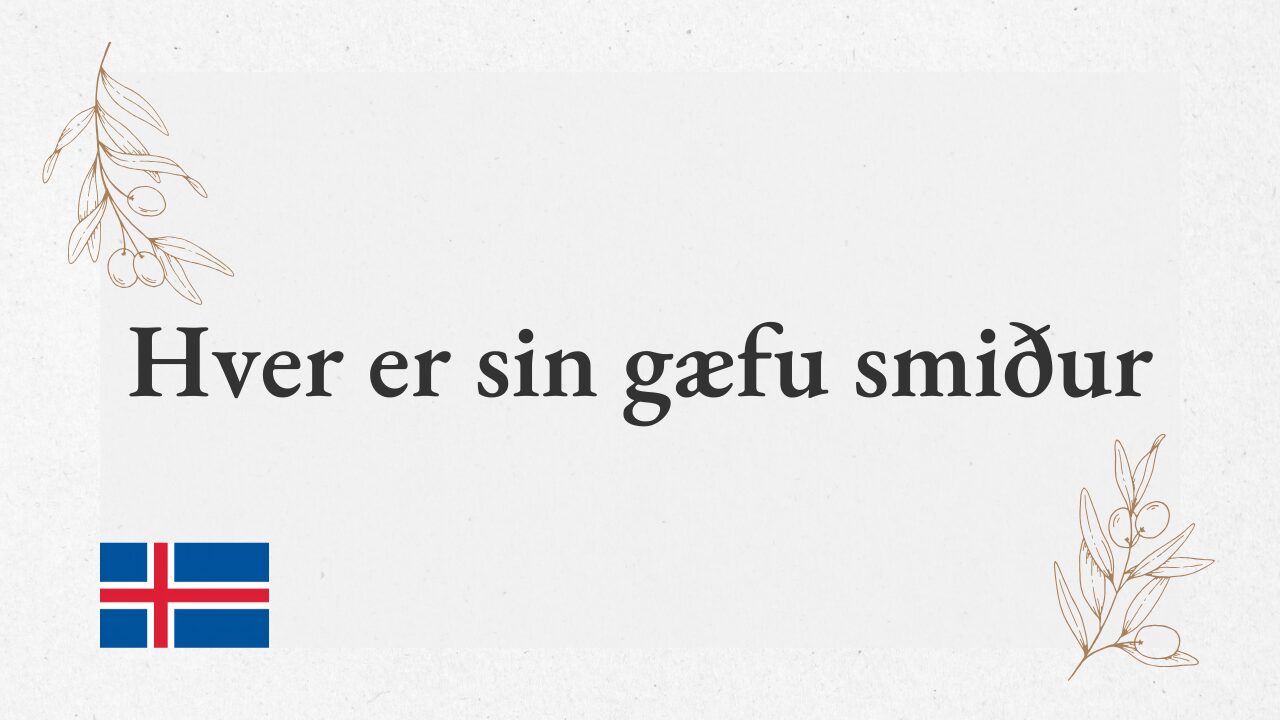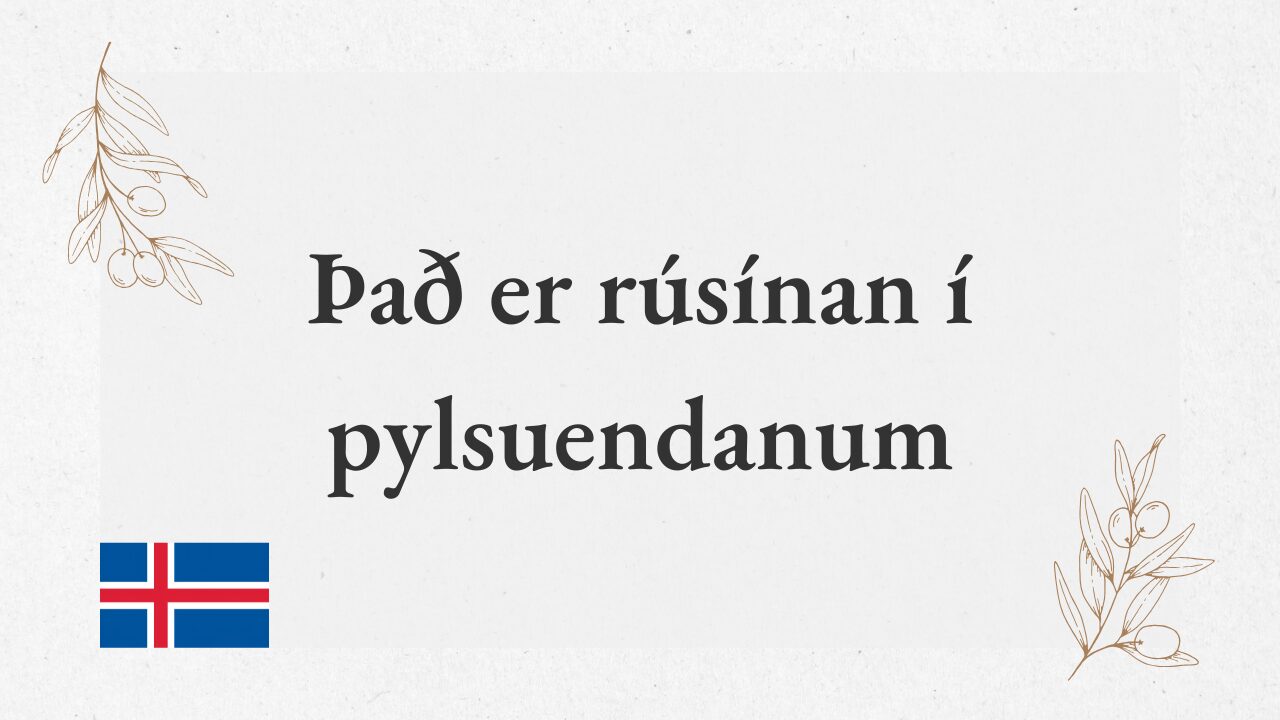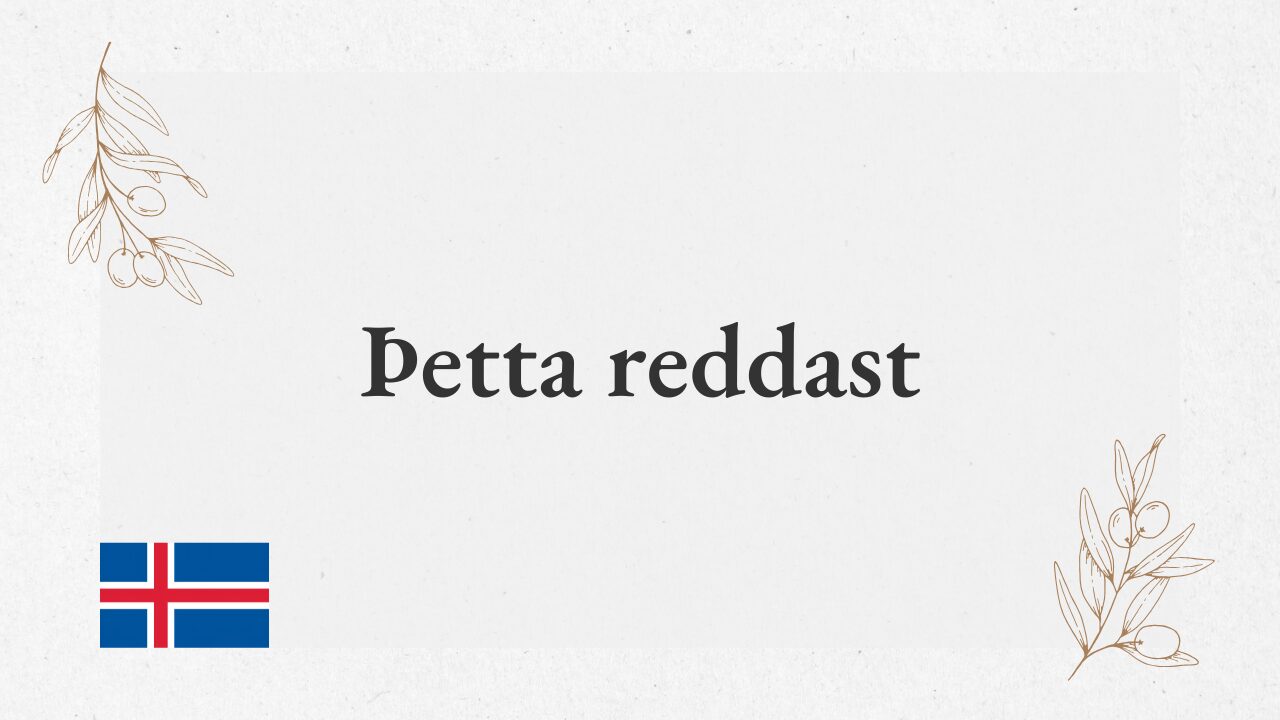“Hverjum þykir sinn fugl fagur” – Everyone thinks their own bird is beautiful
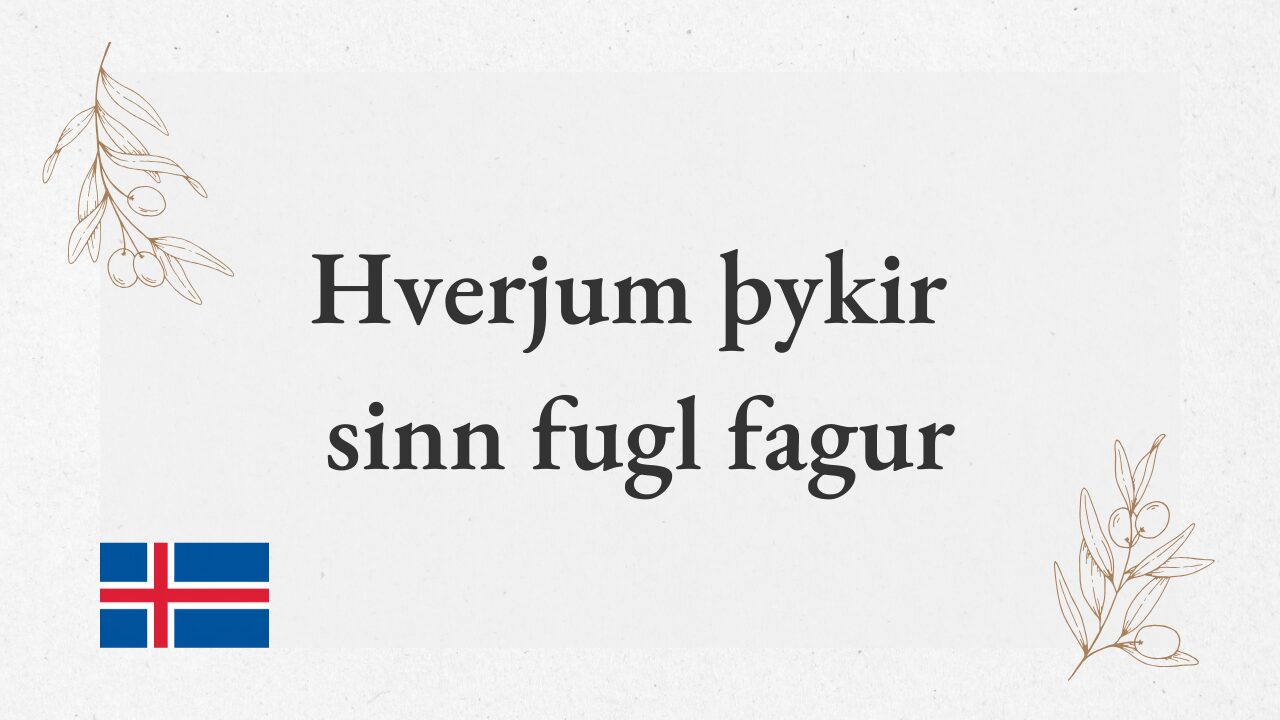
Meaning
“Hverjum þykir sinn fugl fagur” is an Icelandic proverb that means “Everyone thinks their own bird is beautiful.” This expression conveys the idea that people tend to see their own possessions or things related to themselves as especially beautiful or valuable. It reflects the tendency for people to overvalue things that are close to them, such as family, children, pets, or projects they are involved in.
This concept is similar to the Japanese saying “There is no treasure greater than one’s own child” or “favoritism towards one’s own,” and points out how people are inclined to be biased when it comes to things they are attached to. In English, there is a similar expression: “Beauty is in the eye of the beholder,” which emphasizes that beauty is subjective and depends on the observer’s perspective. This also highlights the psychology of valuing one’s own things more than others do.
In other words, something that is personally significant or loved by an individual may not seem as special to others, but to that person, it is beautiful and a source of pride.
Origin
This proverb originates from Icelandic culture, which has a deep connection with nature. Birds are a common sight in Iceland’s landscapes and daily life, and just as families protect their land and livestock, wild animals and pets also hold special value. For example, a bird or livestock that one owns may seem ordinary to others, but to the owner, it is seen as a unique and irreplaceable part of their life. This personal and subjective attachment is reflected in the saying.
The cultural importance of nature and personal bonds in Iceland has shaped this proverb, emphasizing the emotional ties people have with their surroundings and loved ones.
Conclusion
“Hverjum þykir sinn fugl fagur” is an Icelandic proverb that means “Everyone thinks their own bird is beautiful,” reflecting the natural human tendency to feel a special sense of beauty and pride in things that are personally significant. This saying is rooted in Icelandic culture, where a strong connection to nature and family is emphasized.
The idea is universal, as many cultures have similar expressions that highlight the common human feeling of attachment and the tendency to see one’s own things as more special than others perceive them to be.

